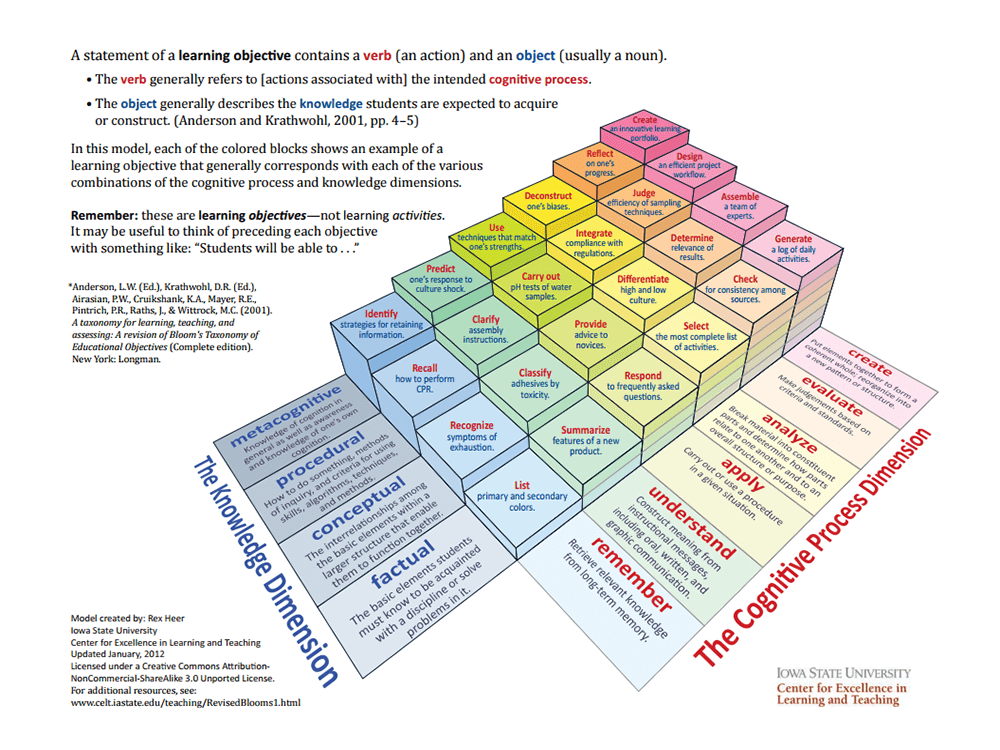 This article is a grammar lesson, but don’t worry. It’s not as boring as the typical grammar lesson stockpiled in the deepest recesses of your childhood memories. That’s because it’s about the grammar of VR. Or rather, how we can work towards a better, more improved grammar of VR.
This article is a grammar lesson, but don’t worry. It’s not as boring as the typical grammar lesson stockpiled in the deepest recesses of your childhood memories. That’s because it’s about the grammar of VR. Or rather, how we can work towards a better, more improved grammar of VR.
Let’s begin our grammar lesson with a study of the verb. A common dictionary definition for the word ‘verb’ is:
A verb reflects the vitality of action or the affirmation of being. If you read current articles about virtual reality in online/print journals, newspapers, or blogs, a certain unvarying vocabulary of verb usage is entirely conspicuous. Here are the most common verbs used today to describe what students actually do with virtual reality, as harvested from recent press clippings:
watch, view, see, hear, explore, peer, pan (from left to right, up and down), track (with their eyes), navigate, examine, note, remember, enjoy, experience, visit, tour, attend, or take a field trip
Miserably, this is the currently prevalent grammar of VR. All of this rootless verbiage reeks of conventionality, of the simplest functionality, and of dreaded marketing-speak. We in education crave something more. Every so often I notice a slightly stronger, more active vocabulary for VR peeking out from behind the curtains. This includes some action verbs that are much more to an educator’s or trainer’s liking, such as:
fly, engage [still inglorious due to the vagueness of this term], plunge, immerse, or be present in [a meeting]
Coming from educational circles, and from a working past that truly values educational excellence, I am still left hungry by the conventionality and artificiality of the any and all of the above verbs. Again, I yearn for something richer, something deeper. I hunger for something that draws my educator’s soul into action.
While recently deciphering a 3D rendering of Bloom’s Taxonomy from Iowa State University’s Center for Excellence in Teaching and Learning (pictured below this paragraph), I also wondered when we will finally see verbs like those in the top tiers used to describe what students are really doing with VR:
create, design, generate, assemble, judge, check, determine, reflect, integrate, deconstruct, differentiate, predict, and more…

To me, virtual reality will show it truest colors for education when we see even stronger, more vital verbs peppering the literature and the press, verbs like:
interact, collaborate, become, role play, walk (in the shoes of), emote, empathize, discuss, move to action, [—and above all—] learn deeply
Clearly, we need to escape the monotony and passivity of practice we see coming from current interpretations of VR in education–as well as in other industries–and start moving towards more vital and meaningful outcomes. –Len Scrogan

